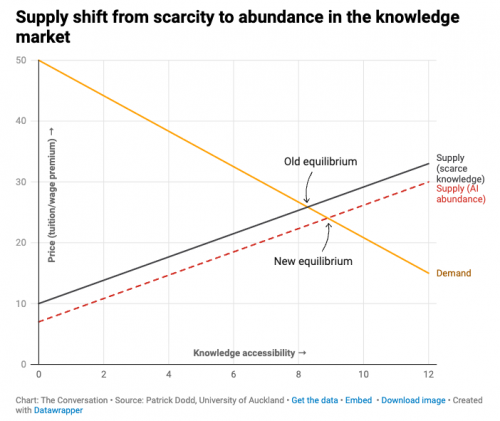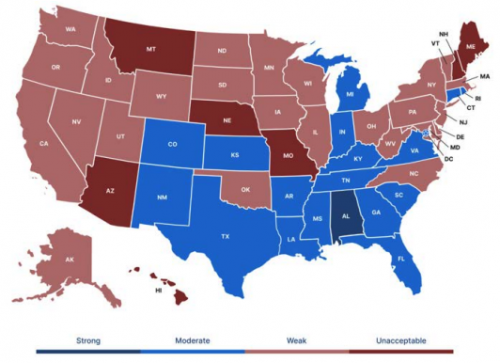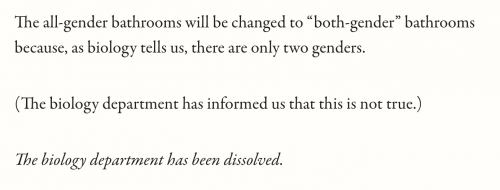The Algorithm keeps throwing articles and videos about this bad essay that was written by OU student Samantha Fulnecky. I can understand that — there is so much content being generated over the terrible writing by this student, because the internet is full of educated people who in many cases have professional expertise in evaluating writing. I’m going to be teaching a class in writing scientific papers this Spring, so I’m familiar with the work. Here’s an example:
If you didn’t watch it, that’s OK, you can find hundreds of similar examples on the internet. And that’s the problem!
I’ve read hundreds and hundreds of student papers, and some of them have been atrocious and earned zeroes. But I would never drag a student publicly, I would never shame a student’s lack of rigor or talent or ability on the internet. We have strict rules about that — I would get dragged into the division chair’s office, and get a few phone calls from the university’s lawyers, and face disciplinary action if I did that, no matter how badly the essay I was mocking was written.
However, in this case, Samantha Fulnecky exposed herself — she gave her awful essay to Turning Point USA, and they cruelly posted it online with full attribution, and invited the brutal savaging she is getting. I cringe a little bit deep inside every time I see these dissections of her paper, because normally a teacher would do that in confidence, one on one, with the goal of helping the student learn and get better, not to rip her apart in a public display.
I experienced this myself. The first essay I wrote in graduate school was for a physiology class, and I apparently expressed a view on the role of synapse structure that the professor did not like, so he spent an entire class hour going over it line by line and telling the entire class how stupid and wrong I was. It was not a good learning experience, except that I did learn that this one professor was an asshole.
Now, even worse, the entire internet is shredding Fulnecky’s paper, and probably millions of people are wallowing in schadenfreude over this one student’s disgraceful inability to make a coherent argument. What has Samantha Fulnecky learned? Probably only that she has to be more careful about letting people see how she expresses herself.
I also suspect that I’m seeing so much criticism of Fulnecky’s paper because she made herself fair game for the dammed up resentment so many of us have for the bad papers we have to routinely read in detail. Finally, we get to explode at this garbage we have to carefully evaluate, rather than being professional and courteous!









